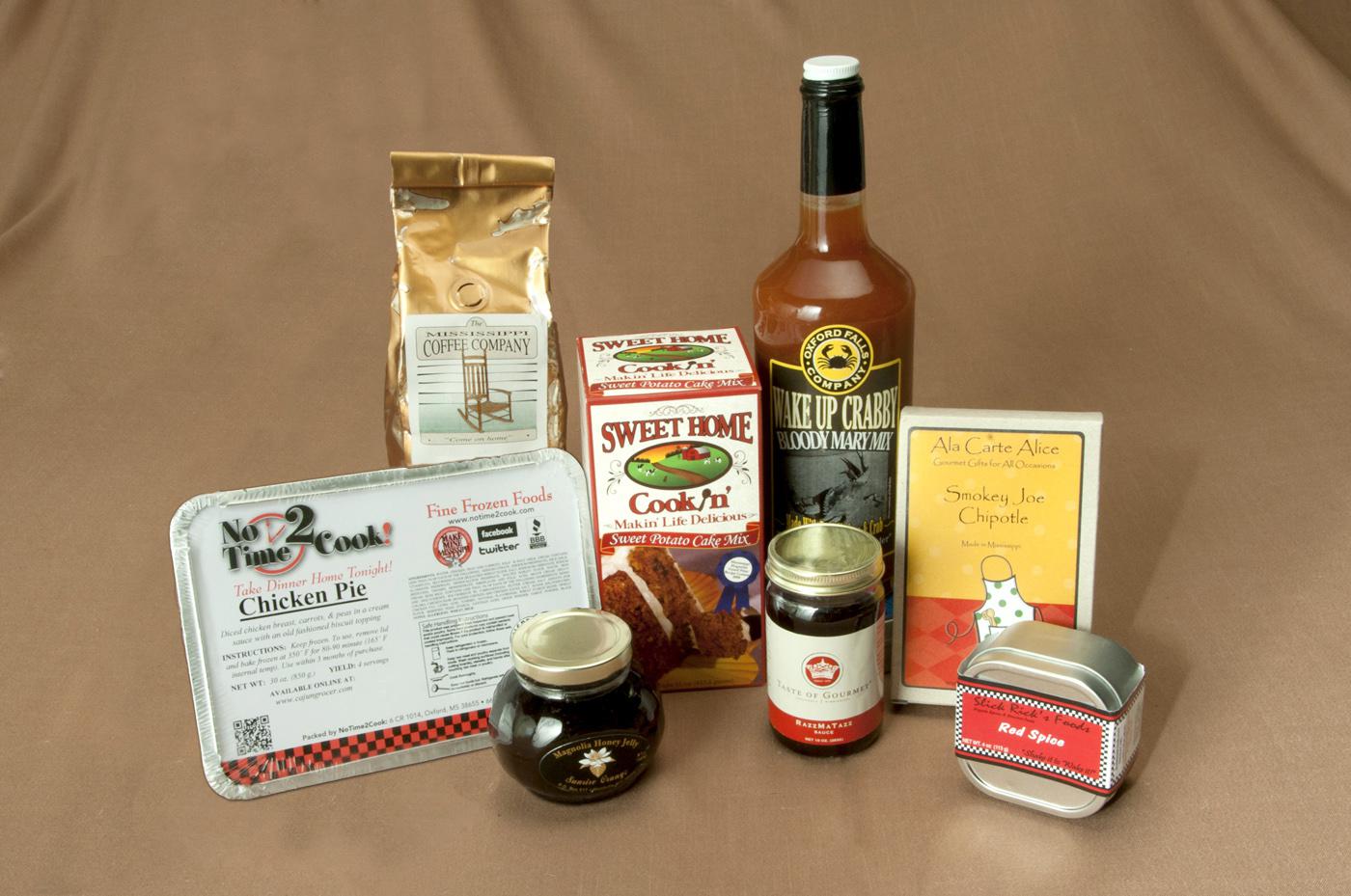Information Possibly Outdated
The information presented on this page was originally released on October 20, 2011. It may not be outdated, but please search our site for more current information. If you plan to quote or reference this information in a publication, please check with the Extension specialist or author before proceeding.
Plan well for successin food-related business
MISSISSIPPI STATE – Mississippi’s talented cooks who want to turn their passion into a business can improve their chances of success with tips from the experts.
Anna Hood, Extension professor in Mississippi State University’s Department of Food Science, Nutrition and Health Promotion, has coordinated the Food as a Business conference since 1996.
“We want to give people the information and support they need to develop thriving businesses and successfully market their unique food products, whether they dream of turning a family recipe or a delicious restaurant item into a famous retail product,” Hood said.
Each year, Hood gathers experts from several organizations to guide prospective business owners through the complex process of building a successful enterprise.
“Starting a business can be a rewarding experience, but it takes careful planning,” said Hamp Beatty of the MSU Small Business Development Center. “About eight out of 10 new businesses fail. A strong business plan helps entrepreneurs manage the steps necessary to establish a viable new business.”
Ken Hood, Extension professor in agricultural economics, said keeping good records and following the legal steps to establish a business will help it succeed.
“Select a business structure that meets your needs in terms of legal requirements, restrictions governing liability, government regulations, taxes and ease of securing capital,” he said. “Depending on the type of business structure – sole proprietorship, partnership, corporation or limited liability corporation – owners will have different federal, state and local regulations, licenses and permits they must abide by and secure.”
Hood said the first step is to get a tax identification number from the tax commissioner and then a business license. He also suggested that owners hire an attorney to walk them through the complex process of establishing their business structure.
Brenda Clark, a food program specialist with the Mississippi State Department of Health, explained the necessity of getting a permit.
“With very few exceptions, you must have a permit if you sell food to the public,” Clark said. “Whether you’re making a product to be sold elsewhere, selling a product to a vendor who will sell to the final customer, operating a mobile food operation, catering, opening a restaurant or selling at a farmers’ market, you need to contact your local health department’s food inspector.”
Clark said home kitchens cannot be used to create food products for retail sale.
“Many people do not realize that they can’t bake or cook items at home and then sell them to the public,” she said. “Food business owners can build a separate kitchen in their garage or outer building that complies with all codes, or they can rent a commercial kitchen. They still need to go through the process of submitting a plan for review, a list of products being made, an application and the appropriate fees to secure an inspection.”
Inspections and permits are required to protect both consumers and business owners, Clark said.
“We don’t want you to invest your life savings in creating a product, getting the packaging just right, marketing it successfully, and then discover it makes someone sick because you haven’t followed proper food handling procedures in an approved kitchen,” she said. “For people who think they won’t get caught, I can assure them, their competition will turn them in.”
Funding is an essential part of starting a new business, and John Brandon of the Mississippi Development Authority’s Entrepreneur Center reviewed information available in their Entrepreneur’s Tool Kit that is available online at http://www.mississippi.org or through his office at (601) 359-2399.
“No matter what you see on late night infomercials, there is no such thing as free grant money to start a business,” Brandon said. “But money is out there, and the key is knowing where to look. Entrepreneurs need to be creative in their searches for capital and choose the right source and type of capital for their business.”
The steps required to take an idea from the dream stage to a saleable product can feel overwhelming, but with the help and tools available online and from the MSU Extension Service, budding entrepreneurs have the resources they need to begin cooking up new food-related businesses. For more information on starting a food processing company, call Anna Hood at (662) 325-3200.









